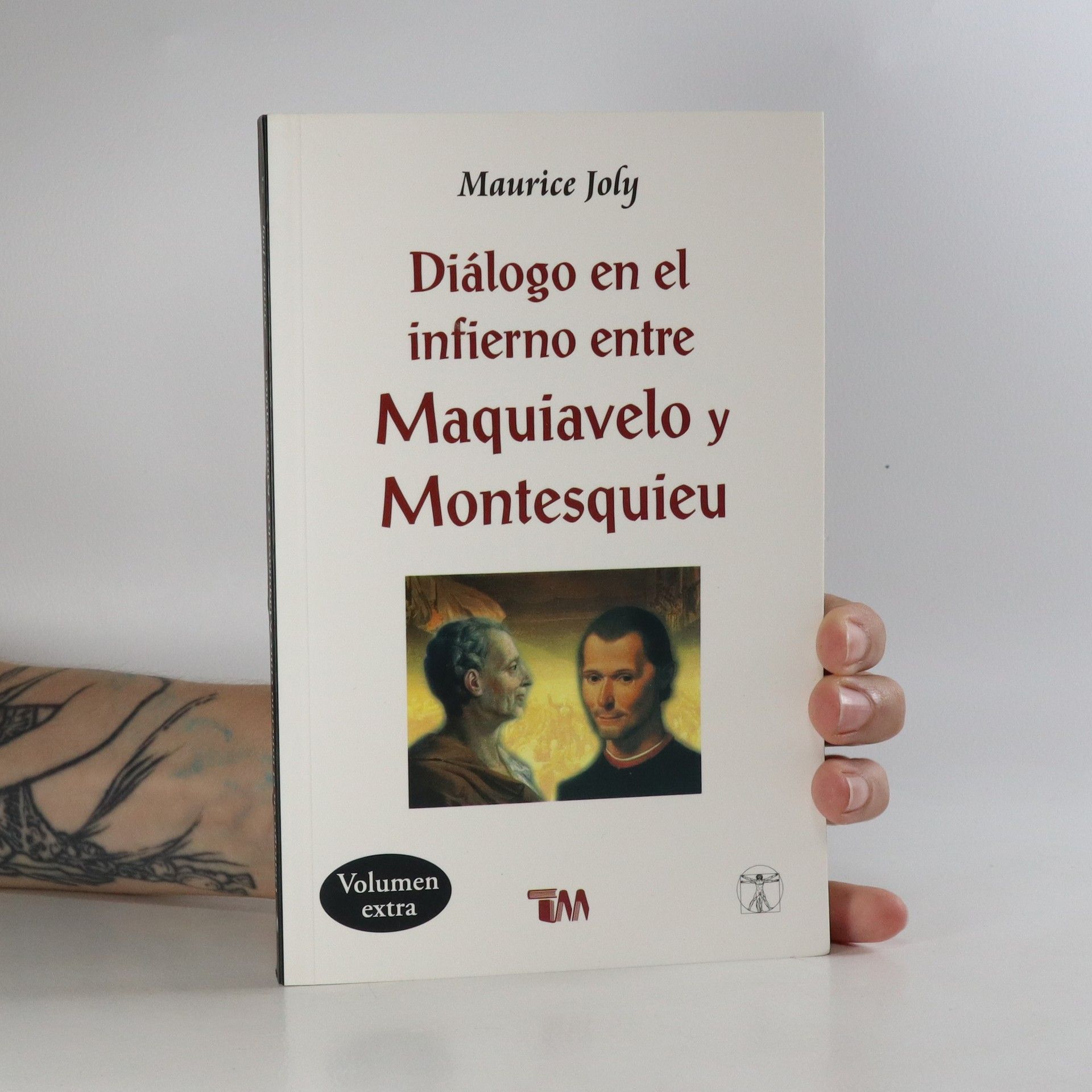Maurice Joly Livres
Cet auteur explore les relations complexes entre le pouvoir et l'éthique, souvent par le biais de dialogues qui éclairent les motivations cachées et les arguments philosophiques. Son écriture se caractérise par des observations pénétrantes des mécanismes politiques et une profonde contemplation de la nature de la gouvernance. Il excelle dans la création de confrontations d'idées convaincantes, incitant les lecteurs à évaluer de manière critique leurs propres points de vue sur la justice et l'autorité. Son œuvre témoigne de la pertinence durable des philosophies politiques classiques dans le monde moderne.




Wer nach oben will, muß vor allem die richtigen Fähigkeiten haben: Er muß sich verstellen können, die Interessen und Schwächen seiner Mitmenschen richtig einschätzen und ausnutzen, Helfer und Beschützer mobilisieren und im geeigneten Moment das Lager wechseln können. Hellsichtig und zeitlos beschreibt Maurice Joly in seinem 'Handbuch des Aufsteigers' aus dem Jahre 1867 den Weg zu Ruhm und Macht.